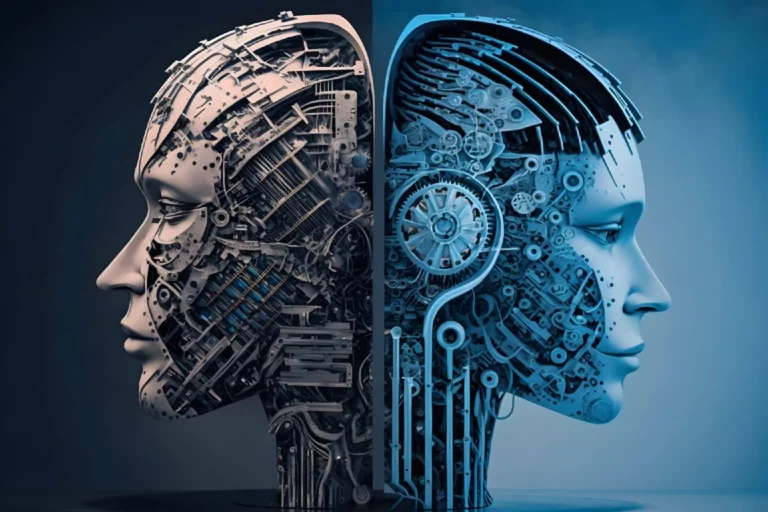
Revolutionizing Education: How Chatbots Enhance Learning and Engagement
In today’s rapidly evolving educational landscape, the integration of technology is playing an increasingly pivotal role in shaping the way students learn and interact with knowledge. Among the most promising technological advancements in education, chatbots are emerging as a powerful tool for enhancing learning experiences and promoting active engagement.

Personalized Learning Journeys
One of the most significant advantages of chatbots in education is their ability to facilitate personalized learning. By leveraging artificial intelligence and natural language processing, chatbots can tailor their responses and interactions based on individual student needs, preferences, and learning styles. This level of customization empowers students to progress at their own pace, revisit challenging concepts, and delve deeper into areas of interest.
24/7 Support and Accessibility
The traditional model of education often limits student-teacher interactions to specific times and locations. Chatbots transcend these limitations by providing round-the-clock support and accessibility. Students can seek assistance, clarification, or feedback at any time, from any location, empowering them to take control of their learning journeys.
Active Engagement and Motivation
Passive learning, characterized by rote memorization and one-way information transmission, can hinder deep understanding and retention. Chatbots foster active engagement by promoting interactive dialogues, posing thought-provoking questions, and providing timely feedback. This dynamic approach stimulates critical thinking, problem-solving skills, and intrinsic motivation.
Instant Feedback and Progress Tracking
Timely feedback is essential for effective learning. Chatbots can provide immediate feedback on assignments, quizzes, and other assessments, enabling students to identify areas for improvement and track their progress in real-time. This instant feedback loop enhances learning efficiency and helps students stay motivated and focused.
Expanding Educational Horizons
Chatbots can serve as virtual tutors, guiding students through complex concepts, providing additional resources, and offering real-world examples. This capability expands educational horizons, fostering a deeper understanding of subject matter and its practical applications.
Addressing Learning Challenges
Students with learning disabilities or specific needs often face unique challenges in traditional educational settings. Chatbots can offer tailored support, such as providing text-to-speech or speech-to-text capabilities, simplifying complex language, and offering alternative learning pathways. This inclusive approach ensures that all students have the opportunity to succeed.
Teacher Empowerment and Efficiency
While chatbots can directly benefit students, they also offer valuable advantages for teachers. By automating routine tasks, such as answering frequently asked questions or grading simple assignments, chatbots free up valuable time for teachers to focus on individualized instruction, mentoring, and curriculum development.
The Future of Chatbots in Education
The integration of chatbots in education is still in its early stages, but the potential for transformative impact is immense. As artificial intelligence and natural language processing technologies continue to advance, chatbots are poised to become even more sophisticated, adaptable, and effective in supporting personalized learning journeys.
In conclusion, chatbots represent a powerful tool for enhancing learning and engagement in the 21st-century classroom. By fostering personalized learning, providing 24/7 support, promoting active engagement, and empowering both students and teachers, chatbots are revolutionizing the way we approach education. Embracing this technology holds the promise of creating more inclusive, effective, and inspiring learning experiences for all.

